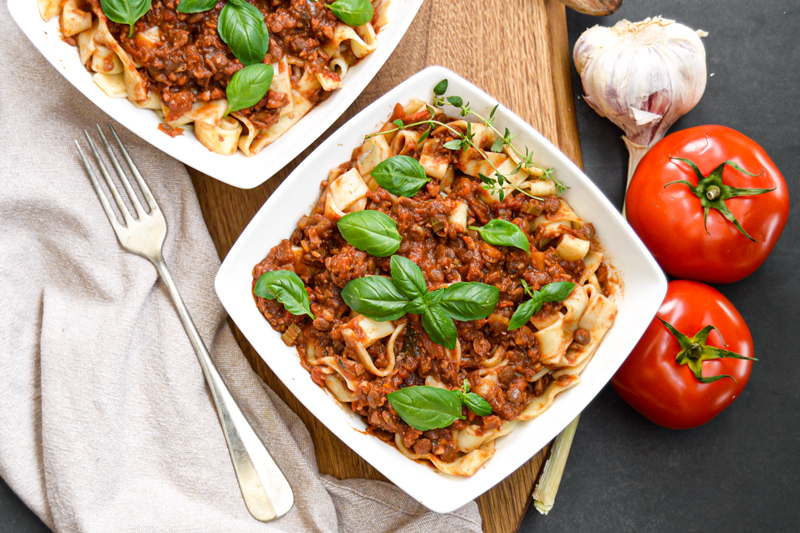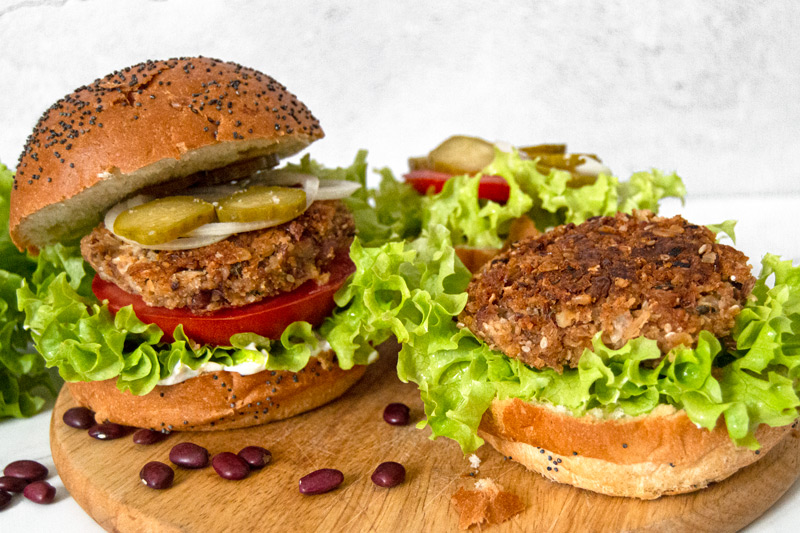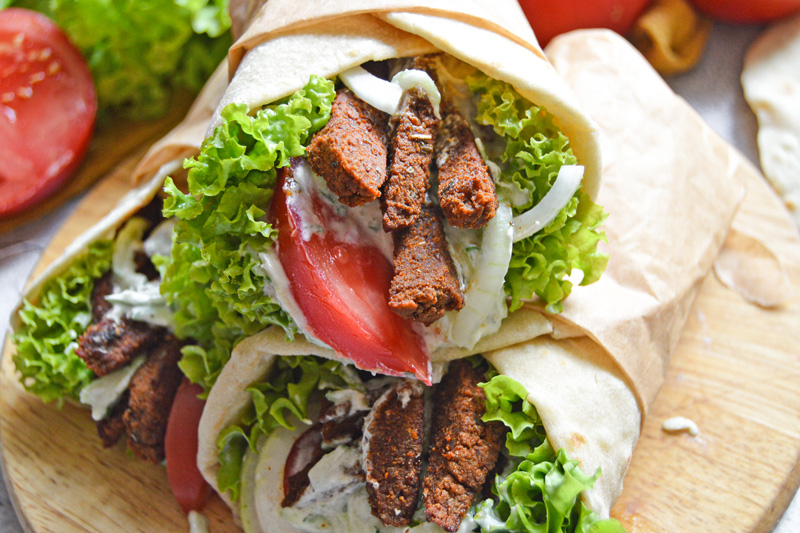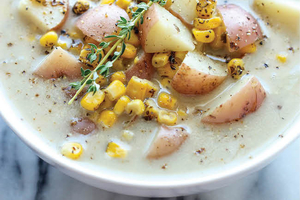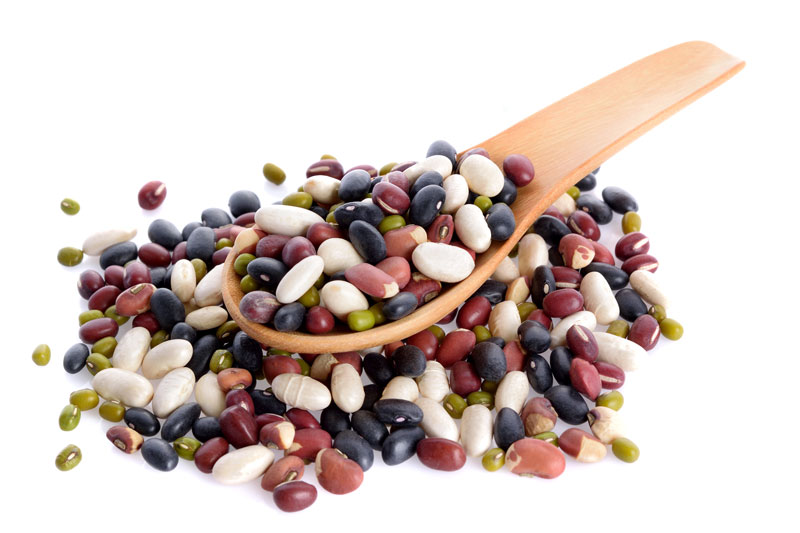How to Become a Vegan
Veganism is about more than food – it’s a way of life based upon freedom from involvement in animal exploitation. As well as food, this involves clothing such as fur and leather; animal products like beeswax, shellac and tallow, and products tested on animals such as household cleaners. Whatever your main reason for going vegan – saving the animals, reducing your carbon footprint, losing weight, improving your general health or all of the above – here are some very handy tips which are bound to help.
The first thing to bear in mind is that this can be a hugely emotive subject. Humans have become used to consuming animals for food and clothes for hundreds of thousands of years, and these things are tied in to ideas of culture, community, family and comfort for many people. The simple act of becoming vegan may cause some people to feel their whole way of life is under threat. The plain truth is that it is under threat, but the reason for this is that it’s totally unsustainable. Global meat consumption was forecast in a 2011 United Nations report to increase by 73% by the year 2050.[1] By this time, global emissions from food production are forecast to have risen a whopping 60% from their 2010 figure.[2] There is simply not enough land surface to continue current environmentally catastrophic methods of livestock production.
So let’s look at some pointers and tips for making this change to your life….

Going vegan is a journey. Abrupt, radical changes lifestyle changes often fail, so ease yourself into it. Be kind to yourself – you will make mistakes, and you will sometimes accidentally eat the wrong thing. Don’t beat yourself up. Be extra careful reading labels on products, sometimes the most unassuming products may contain unexpected ingredients. Research brands – see if they are cruelty free AND vegan. Talk to friends, family and anyone you share meals with, and ask them to respect your choices. Why not win hearts and minds by cooking your friends a vegan meal? And this illustrates another point to be made: going vegan often increases your kitchen skills! Taking a more active interest in what you’re putting into your body frequently goes hand in hand with embracing a whole new set of ingredients and cooking methods. It’s a fun challenge trying your hand at making Seitan from Vital Wheat Gluten for instance, or learning how to make Brazil Nut Milk. We have a vast array of easy-to-follow recipes, the majority of which are vegan – and all hugely tasty! Also there are countless informative and exciting vegan groups on social media, where you can follow vegan hash tags for ideas and inspiration! We also recommend watching documentaries such as Forks over Knives, Cowspiracy, The Game Changers, What the Health, Vegucated and Earthlings are all great starting points! Knowledge is power, and the more you learn about the concept of veganism the better equipped you will be.
Change can take time – don’t lose heart! Know that you’re making massively beneficial changes to the state of the planet and to your own personal health. Ask your doctor for a regular health check-up if you’re due to have one – even a few weeks after going vegan, most people see significant improvements to their cholesterol levels, blood pressure and weight. Remember that these changes will be far more pronounced if you follow a whole foods-based diet. Going vegan won’t necessarily make you healthier – it’s still important to avoid calorie-rich, ultra-processed foods with minimal nutrition. If you do choose processed foods, be aware that some E-numbers listed in the ingredients may be sourced from animals – the Vegetarian Society have a good guide to consult on this.[3] Look out too for animal ingredients like gelatin and rennet – and be aware that a lot of wine uses ingredients for filtration such as chitin (from crustaceans), albumen (from eggs) and isinglass (from fish bladders). Ensure you are consuming enough Vitamin B12, which vegan diets can lack – the Vegan Society encourages people to choose fortified foods and think about taking a daily or weekly supplement.[4]
The healthiest vegan food is based around whole foods with minimal processing. Be aware that calories are still calories – vegans can still stuff themselves on chocolate and chips, and overeating will still lead to weight gain! Many vegans find their bodies recalibrate after a short while, and the foods they once loved hold little interest for them any longer as a whole new world of plant-based ingredients opens up to them. Many vegan recipes rely on the kitchen alchemy made possible by such magical ingredients as Chia Seeds (which make an excellent egg replacer), Nutritional Yeast (which gives a deep, delicious cheesiness to dishes), Tofu (which can make excellent puddings, cheesecakes and vegan ‘scrambled eggs’) and Cashew Nuts (which can form the basis of milk, sauces and even cheese).
The NHS advises vegans to make these a cornerstone of their eating: At least 5 portions of fruit & vegetables daily; meals based on whole grain starchy carbohydrates; low-fat, low-sugar dairy alternatives such as soya yoghurt; beans, pulses and other protein; small amounts of unsaturated fats, and plenty of fluids.[5]
We recommend looking at your favourite recipes, and then learning how to make them vegan. We live in a wonderful time, where there is an abundance of great alternatives to meat and dairy! By continuing to enjoy your favourite meals (vegan style) the transition to veganism will be much easier! It’s also incredibly fun to learn new recipes, and you will be amazed by how you can replicate familiar flavours by using completely animal-free products. Far from feeling restricted, the vegan diet actually encourages you to use a whole delicious range of ingredients that you wouldn’t have before!
Coconut Oil has become the go-to vegan cooking fat, as it makes an excellent replacement for butter in cakes and bakes. Those looking for a healthier option can even replace butter with avocado, pumpkin, banana or even Apple Sauce. A tin of Coconut Cream, placed in the fridge overnight, will make a fantastic whipped cream topping for your dessert the next day. You can even have it with the lovely meringues you’ve made using Aquafaba, which is the egg-mimicking, protein-packed water from Tinned Chickpeas! There’s no need to be absolutely angelic – allow yourself some treats. And remember – there’s lots of kitchen fun to be had when you veganise your favourite recipes. For example, try these amazing chicken-less nuggets on for size!
Buy Plant-Based Whole Foods now!
If you’ve chosen to follow a vegan lifestyle, Healthy Supplies is here to support you! Come and explore our gigantic range of healthy, life-enhancing whole foods and branded products here!
[1]http://www.fao.org/3/i2373e/i2373e00.pdf
[2]https://science.sciencemag.org/content/sci/suppl/2020/11/04/370.6517.705.DC1/aba7357_Clark_SM.pdf
[3]https://vegsoc.org/info-hub/veggie-need-to-know/e-numbers/
[4]https://www.vegansociety.com/resources/nutrition-and-health/nutrients/vitamin-b12/what-every-vegan-should-know-about-vitamin-b12
[5]https://www.nhs.uk/live-well/eat-well/the-vegan-diet/

